Content Warning: This article discusses themes of violence, abuse, suicide, and attempted assault, as portrayed in Buffy the Vampire Slayer.
Exploring Controversial Themes in Buffy the Vampire Slayer
Buffy the Vampire Slayer, which aired for seven seasons, is widely recognized for its blend of supernatural elements and relatable human experiences. While it expertly navigates a landscape filled with magical creatures and apocalyptic threats, its lasting appeal lies in its exploration of real-life issues such as familial discord, romantic entanglements, and mental health struggles. This intriguing blend has allowed the show to resonate with audiences for decades, making it a relevant topic for discussion even today.
Despite its acclaim, Buffy the Vampire Slayer has been the center of various controversies—both within its fanbase and beyond. Critics have noted that while some episodes handle serious subjects with care, others have elicited mixed reactions due to their treatment of sensitive topics such as abusive relationships, gun violence, and sexual harassment. Here, we delve into some of the most controversial episodes, examining their impact and the conversations they sparked almost three decades after their television debut.
1. “The Pack”- Season 1, Episode 6
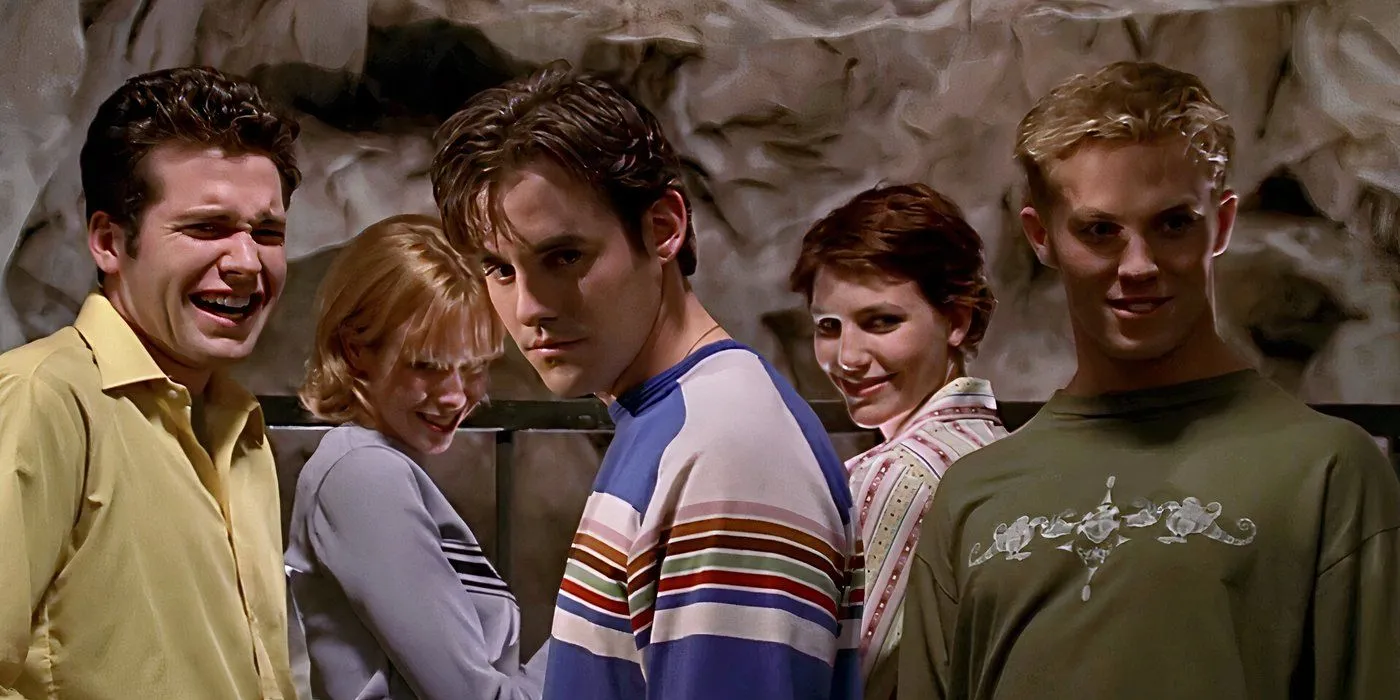
“The Pack”encapsulates the early ambition of Buffy the Vampire Slayer to depict trauma and fear through a supernatural lens. This episode involves Xander and a group of bullies who, under a mystical influence, become increasingly aggressive and animalistic. The narrative reaches a disturbing climax when Xander’s aggression is directed towards Buffy and Willow, with implications of potential sexual assault. Critics have pointed out that while the episode attempts to tackle bullying, its portrayal of Xander in such a light led to considerable backlash from viewers.
2. “I Only Have Eyes for You”- Season 2, Episode 19
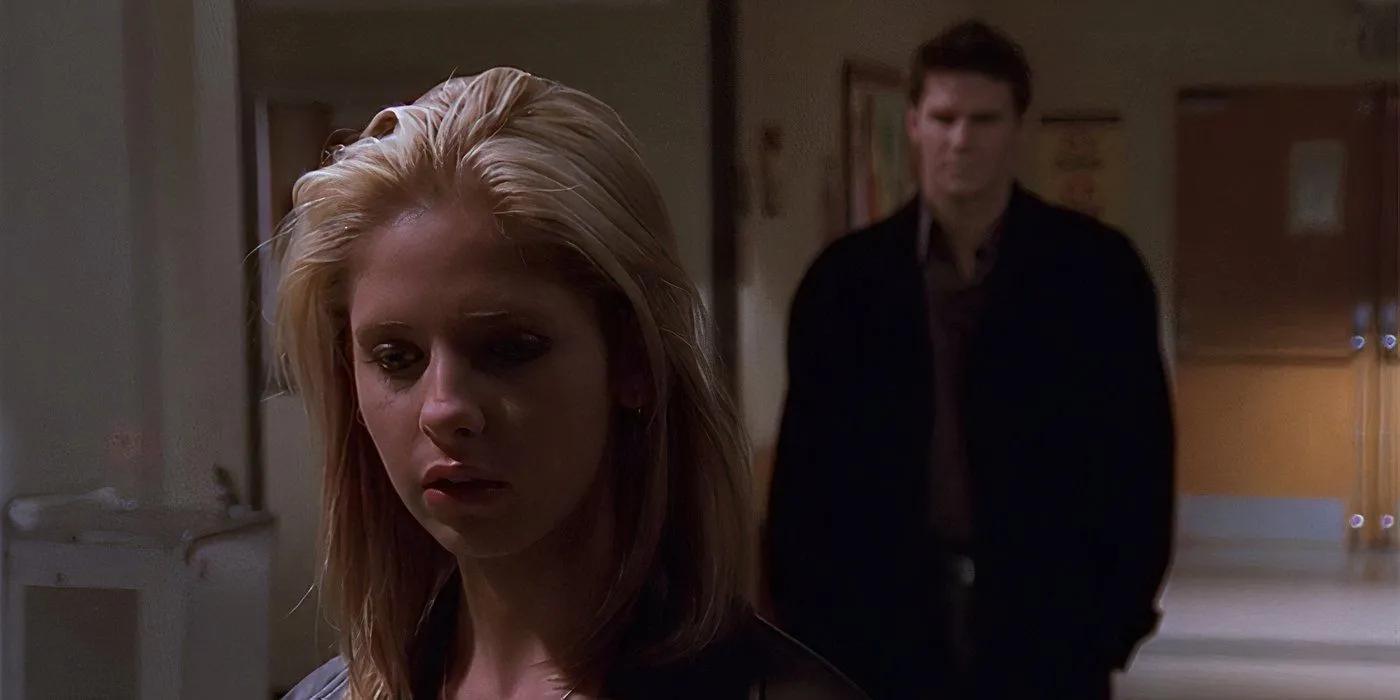
This episode is a poignant example of the show’s ability to weave emotional narratives with fantastical elements. It features Buffy confronting her evil ex, Angelus, as they become entwined in the tragic story of a doomed couple from the past. However, the troubling underlying themes of a teacher-student affair and a subsequent murder-suicide brought unease to many viewers, especially given its school setting. While writer Marti Noxon’s work was praised, the sensitive subject matter led to a more divided reception among fans.
3. “Beauty And The Beast”- Season 3, Episode 4
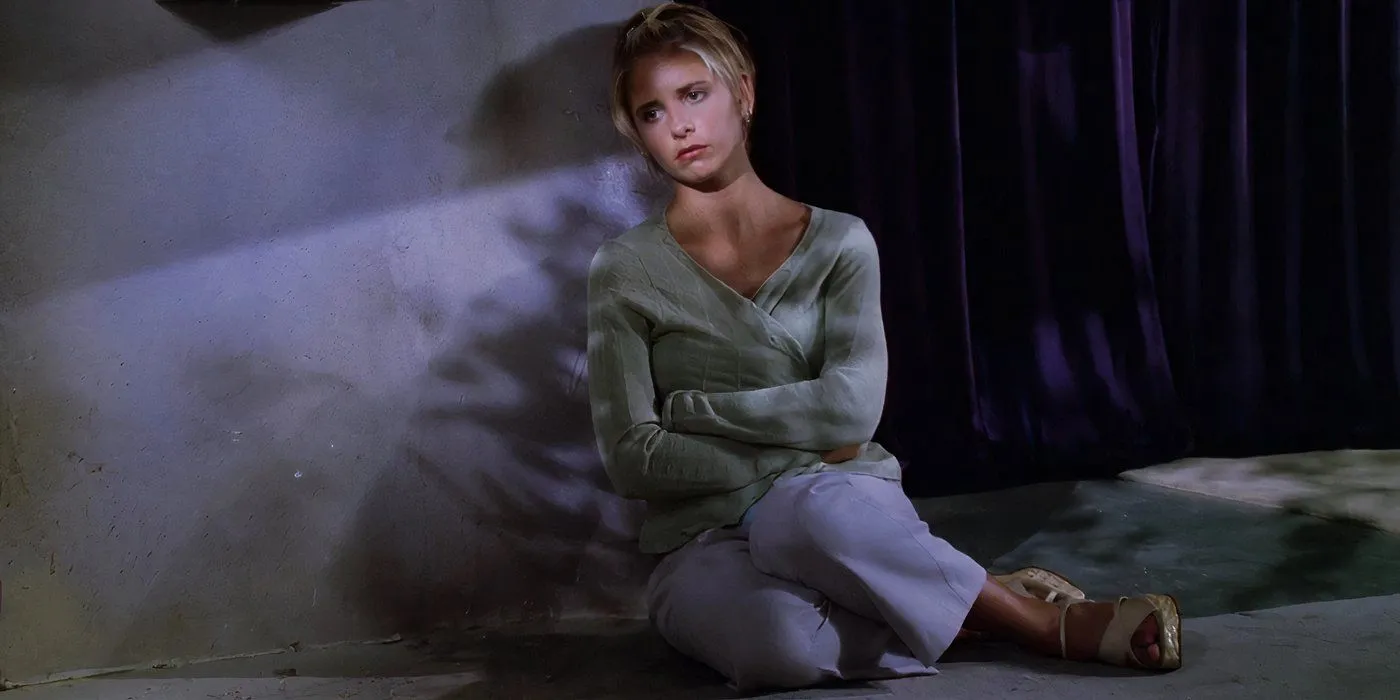
In “Beauty And The Beast,”the complex nature of abusive relationships is scrutinized through the dynamics of various characters. The episode reveals the volatility of Pete and Debbie’s toxic relationship, juxtaposed with Buffy’s struggles involving Angel. Critics had mixed feelings about how effectively the show depicted domestic violence, and the portrayal of Pete’s abusive behaviors sparked significant debate around the show’s treatment of such serious issues.
4. “Gingerbread”- Season 3, Episode 11

The plot of “Gingerbread”addresses the concept of community fears leading to harm, manifesting in a real-life witch-hunt. This narrative resonates with contemporary concerns about parental overreach in protecting children. Additionally, the episode faced backlash in the UK, where scenes depicting violence were censored for broadcast, raising questions about censorship and the portrayal of conflict.
5. “Earshot”- Season 3, Episode 18
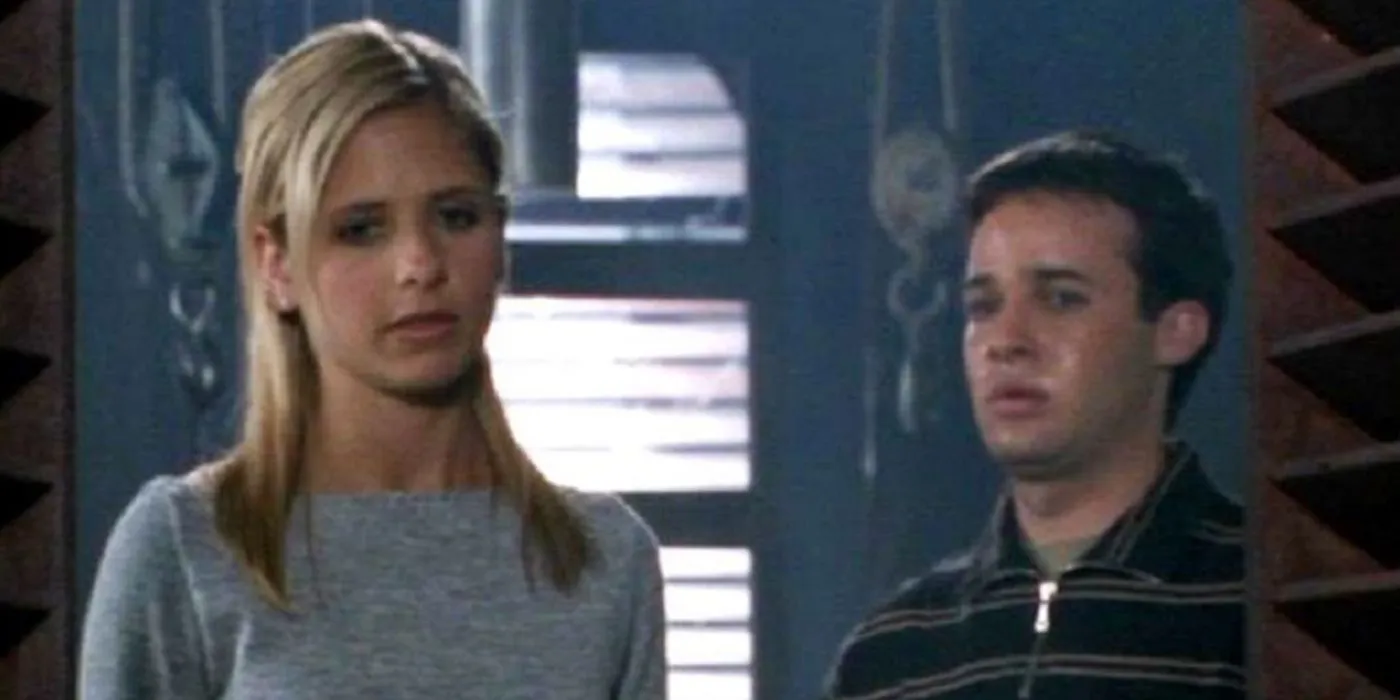
Perhaps one of the most controversial episodes, “Earshot”found itself postponed following the Columbine High School tragedy, reflecting the intense tensions surrounding depictions of school violence. The storyline deals with Buffy overhearing a plot for mass murder, culminating in a startling revelation that raises ethical concerns about representation and sensitivity in media surrounding gun violence.
6. “Beer Bad”- Season 4, Episode 5
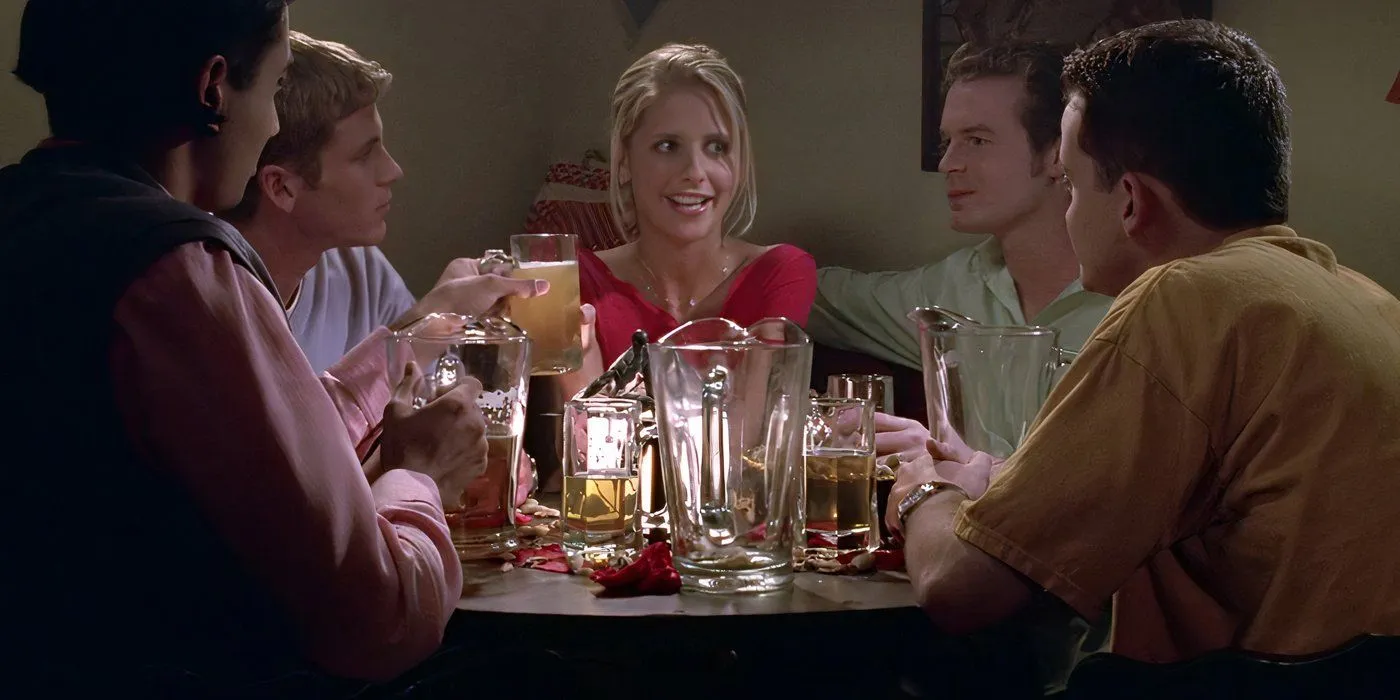
“Beer Bad”has become infamous for its exaggerated take on alcohol consumption and the bizarre situation in which characters regress to a caveman state. While meant to critique drinking culture, critics argue that its heavy-handed moral comes off as more comedic than cautionary, often leading it to be labeled as one of the series’ weaker entries.
7. “Dead Things”- Season 6, Episode 13
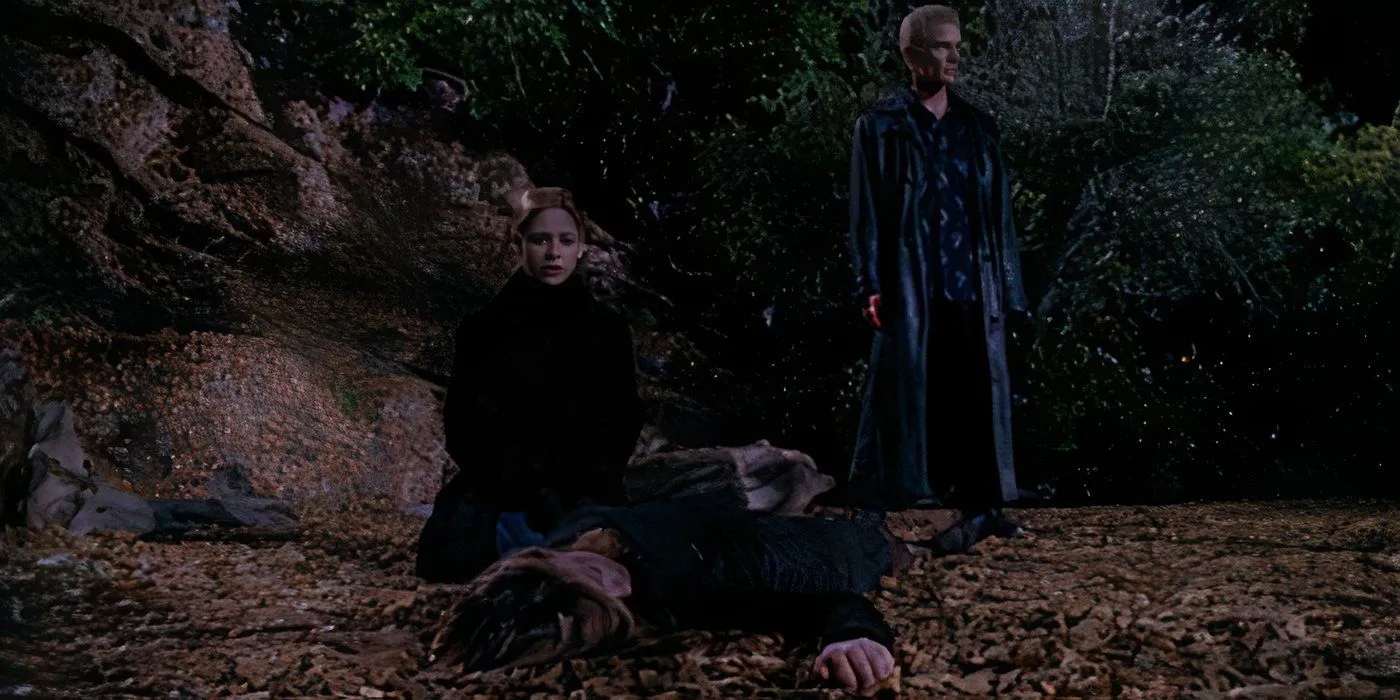
As Season 6 ventures into darker territory, “Dead Things”stands out for its grim subject matter. The episode’s climax features Warren’s manipulation leading to the accidental death of a woman, highlighting themes of consent and power dynamics. The repercussions of this event play heavily into the season’s narrative, eliciting passionate discussions regarding its ethical boundaries and character developments.
8. “Normal Again”- Season 6, Episode 17
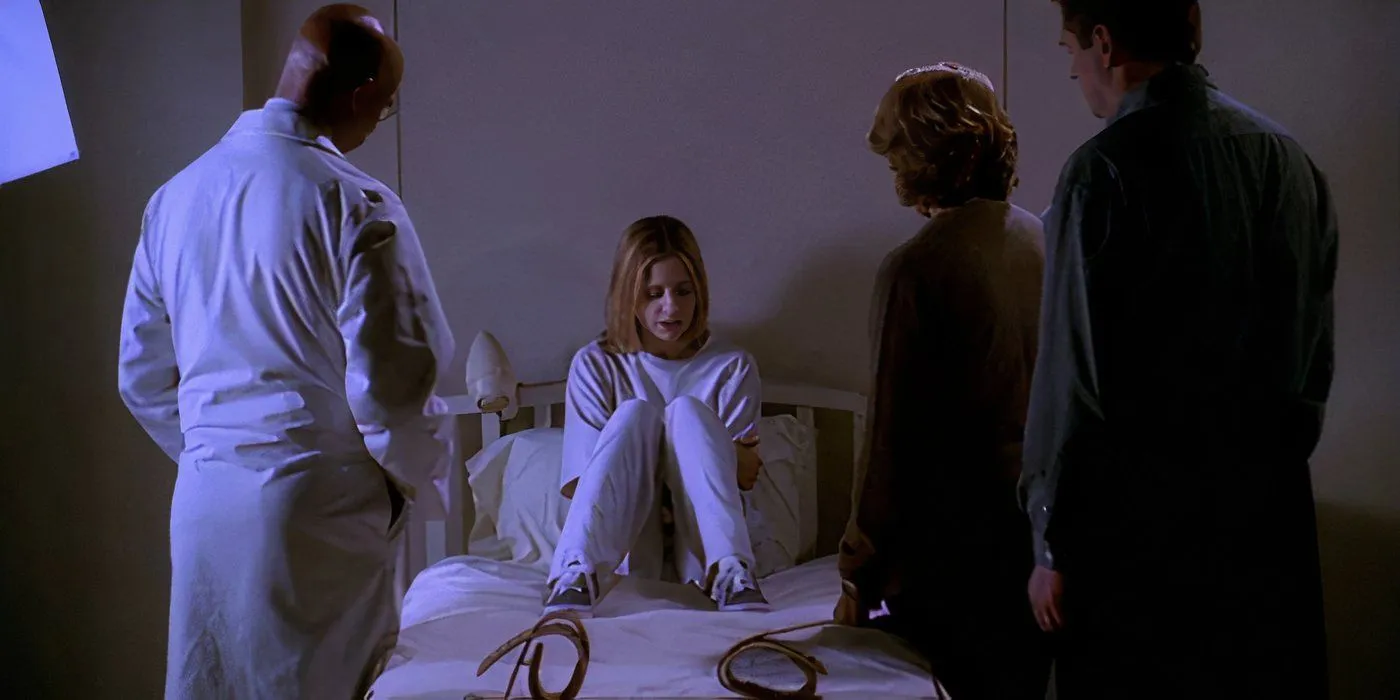
“Normal Again”presents a thought-provoking narrative that questions the nature of reality itself. Buffy’s experience oscillating between her life as a Slayer and a patient in a mental institution stirred intense debates among fans. The ambiguous conclusion leaves room for multiple interpretations, compelling viewers to reassess their understanding of the characters and their journeys within the narrative structure.
9. “Seeing Red”- Season 6, Episode 19
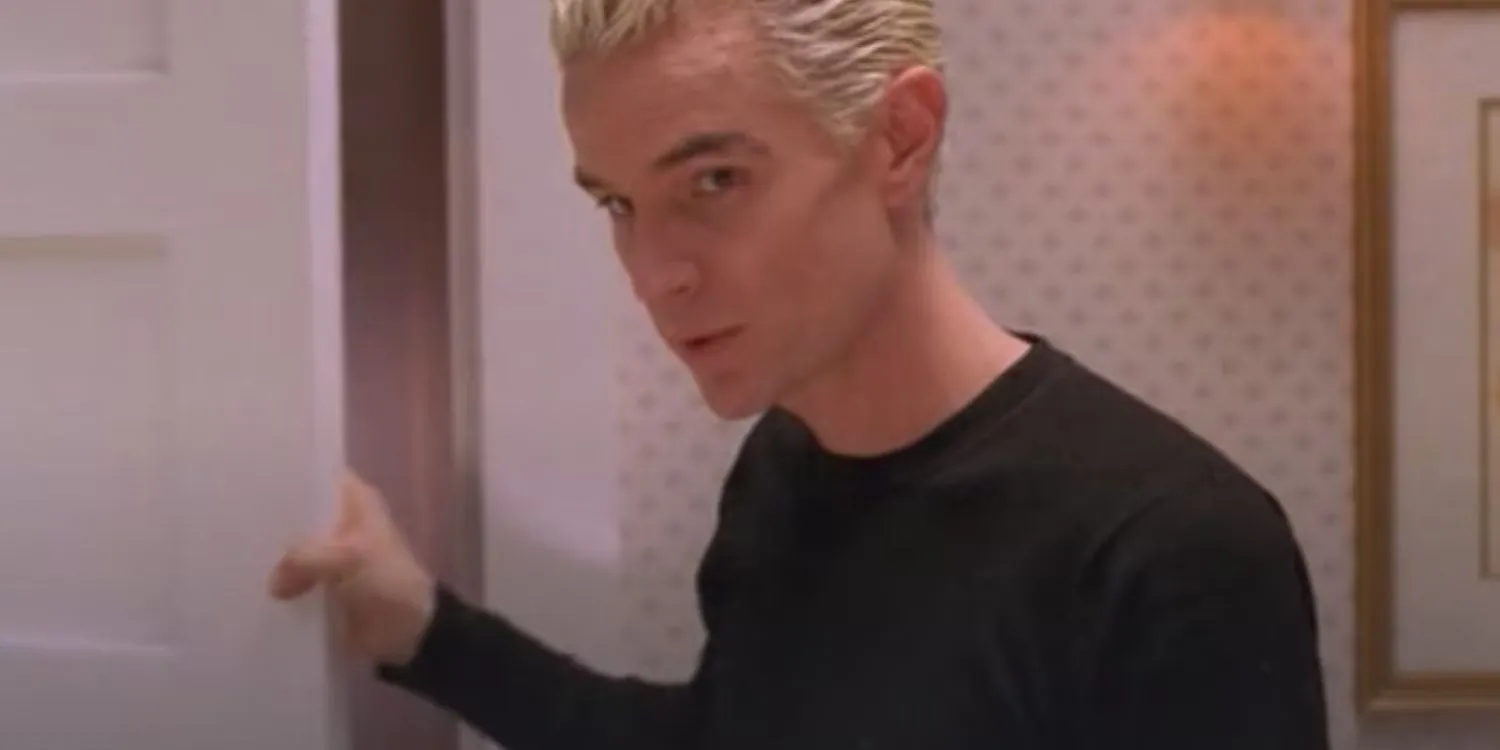
Renowned for its critical examination of violence against women, “Seeing Red”remains a focal point of discussion due to its brutal portrayal of pivotal events, including Tara’s tragic death and the assault on Buffy by Spike. Both moments have sparked outrage and reflection on toxic relationships, making this episode one of the most contentious narratives in the series.
10. “Empty Places”- Season 7, Episode 19
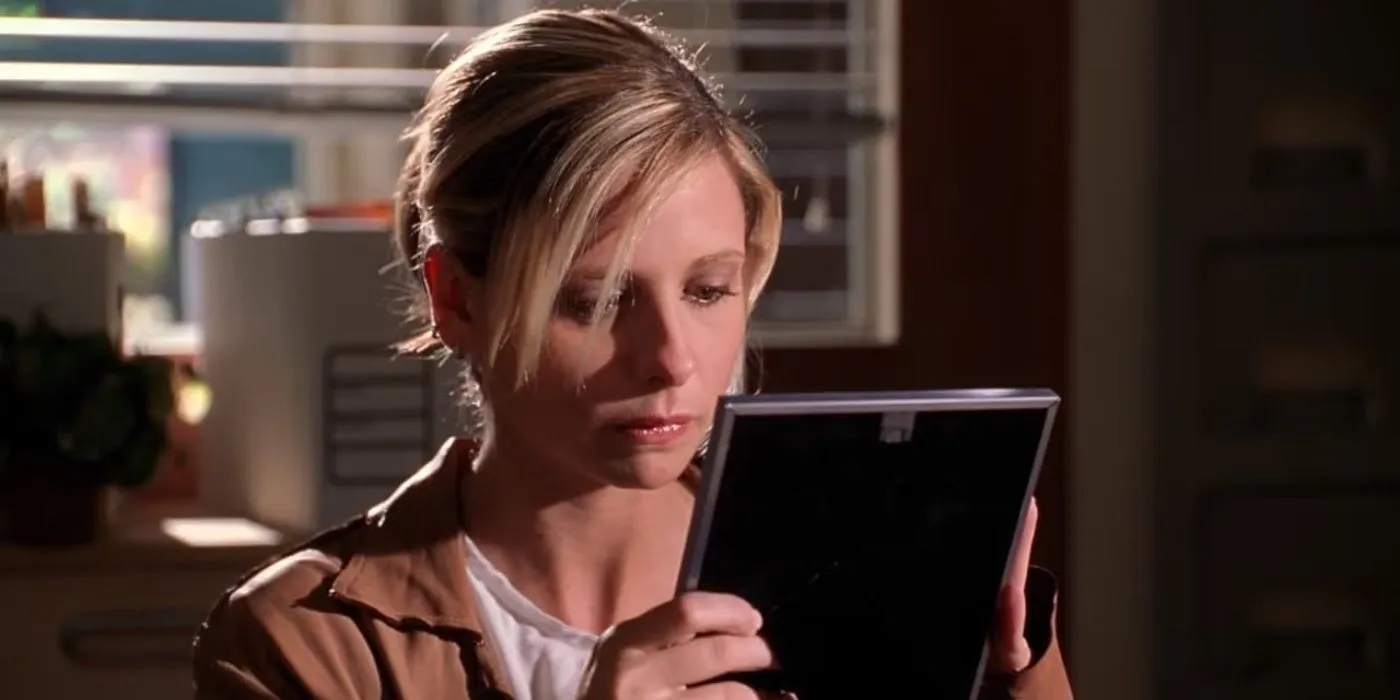
Finally, “Empty Places”provides a significant turning point in the narrative, as the potential Slayers lose faith in Buffy’s leadership. This juncture divided fans, with many perceiving it as a betrayal of the growth and cohesion established throughout the series. The disillusionment of the characters alongside Buffy’s struggle resonated as a controversial and polarized moment that still generates intense discussions among the show’s fans.
In conclusion, Buffy the Vampire Slayer successfully engages with difficult subjects, challenging its audience to confront uncomfortable realities. These controversial episodes continue to be pivotal in discussions surrounding the series, reflecting the complexities of human relationships and societal issues.


